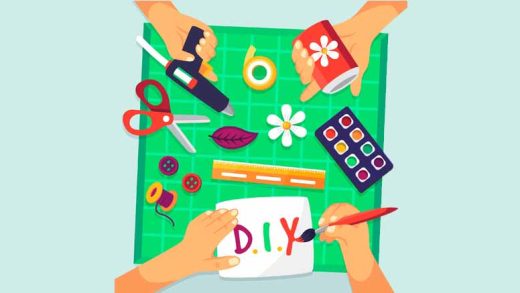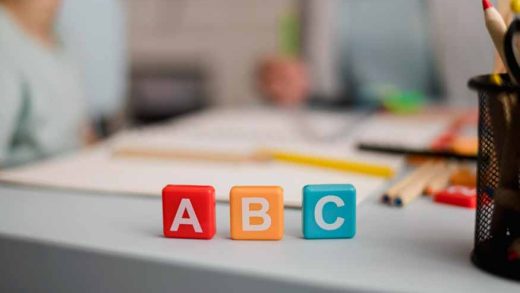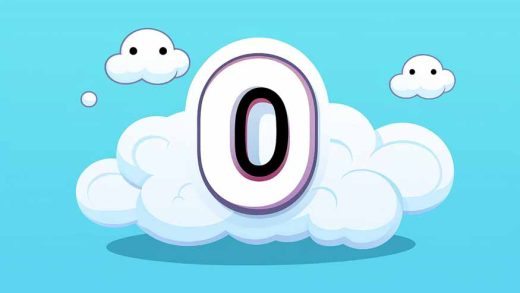As parents, we want our kids to be happy and healthy. For this, we encourage them at all stages of their lives. We help them as they learn how to deal with the world. But, kids have a natural drive to be independent. This is an important aspect of normal child development. Therefore, they need to learn self-help skills as early as they can.
Teaching preschoolers basic self-help skills allows them to become self-sufficient. Kids learn to care for themselves, both mentally and physically. Preschool self-help skills help to prepare for school and try new things. In this blog, we will highlight the importance and types of self-care skills for preschoolers:
Understanding Self-Help Skills
Self-help is an action or process of improving oneself or overcoming challenges without the support of others. Self-help skills help kids meet their daily requirements. It leads to self-reliance. Self-care skills let kids plan and sequence routine tasks. They learn to organise resources. They also develop the body control needed to complete daily activities.
Preschoolers must learn how to take care of themselves before joining school. You should understand what self-care skills your kid can perform with minimal support. It enables you to provide opportunities for practice and guidance as required.
Key Self-Help Development Skills for Preschoolers
You can help kids develop individuality. Enable and encourage them to take charge of themselves whenever possible. Although completing tasks for kids might be quicker and less messy, kids learn a lot when they do things for themselves. Children must learn suitable self-help development skills. This helps build up their feeling of confidence and self-worth. Here are some key skills for preschoolers:
- Self-Feeding
- Dressing and Grooming
- Personal Hygiene Toilet Training
- Making Food For Themselves
- Helping in Daily Chores
Self-feeding skills for a preschooler can be learning to eat independently. You need to start practising self-feeding with your kids as early as possible.
These skills include proper use and holding of different utensils, drinking without spilling, eating all kinds of foods, and table manners. You should also encourage them to put their dirty dishes in the sink. Teach them how to use spoons, forks, water bottles, and napkins, open up ziplock bags, etc.
Children should be able to get dressed and undressed on their own by the time they reach school age. This involves putting on shoes, socks, and buttoning or zipping garments.
You can provide minimal help but they need to learn it for themselves. You can help kids label and identify various parts of clothes in simple words. Teach them to comb their hair, wash their faces, and moisturise as and when needed.
You need to teach your preschooler the importance of practising good personal hygiene. Kids should understand how germs can affect their health. They need to have clarity between dirty and clean.
Encourage them to get on and off the toilet seat by themselves. Help them pull their garments up and down. Teach them to wash their hands after using the toilet. They should know to wash their hands after using the washroom or before eating. Teach kids how to brush their teeth.
Cooking is a valuable life skill. Invite your kid to cook with you in the kitchen. Help them make sandwiches, pour milk into a glass without spilling, or squeeze lemon juice.
Encourage kids to learn survival cooking. Help your child get familiar with the kitchen through simple chores. It helps in boosting their comfort level.
You need to make the kid understand that if he or she messes up the room, no one but them will clean up. This includes picking up toys, making the bed, or arranging clothes. Encourage kids to clean their dishes once they can carry them without dropping them.
Kids should have the intrinsic feeling of helping adults with daily household chores. Don’t try to make the work gender-based. Let them help you in whichever way they can. This makes them more self-sufficient and teaches them the value of hard work.
Tips for Teaching Preschoolers Important Self-Help Skills
Teaching preschool self-help skills to kids not only helps them excel in school but also prepares them for success in life. Here are a few tips for teaching preschoolers self-care skills:
- When teaching self-care skills to children, it is important to begin with basic skills such as washing their hands, brushing their teeth, etc. These abilities improve their quality of life daily.
- Set your expectations and benchmarks. Let your child know what you expect of them. But, remember to consider the child’s developmental stage before setting expectations. Don’t forget to praise them when they meet those expectations.
- Allow kids to have some freedom while still making them feel responsible. Give your child choices, such as what to wear or what to eat, to make them feel more in charge.
- Kids will make mistakes. Teach them and help them with patience. Provide them with time and space to practise.
- Every child grows at his or her own pace. Don’t compare your child with others. Remember, they will eventually get the needed skills with time.
- Encourage them to help with your daily chores. Reward them when they perform well.
- Follow your child’s cues. Know when they need help and when to let them try on their own.
Importance of Self-Help Skills for Preschoolers
Facilitating self-help skills boosts self-esteem, providing kids confidence to face unfamiliar scenarios and challenges. It helps in the integration of social skills by enhancing the ability to interact and negotiate with others.
Many tasks, like opening boxes, tying shoelaces, putting up buttons, and using utensils need hand and finger strength. It improves the fine motor abilities of children.
Thus, allowing kids to practise to develop self-help skills allows them to experience and learn from their successes and failures. It also helps in developing confidence and problem-solving. At Kangaroo Kids International Preschool, we are committed to supporting you in developing the essential skills your child needs. Visit us today to discover more!









